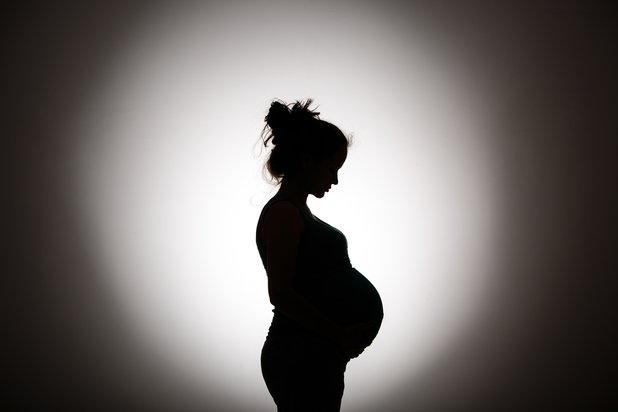Research shows that over 1 in 8 Americans reported using benzodiazepines, such as Xanax, Valium, and Klonopin in the past year. However, misuse of these substances accounted for more than 17 percent of overall use.
When prescribed, these medications can be helpful for issues related to anxiety, seizures, and sleep. However, they also have the potential for misuse, and they carry numerous health side effects related to impaired coordination, confusion, headaches, and increased risk of depression.
Pregnancy and Benzodiazepine Use
For most women, pregnancy represents a heightened time of distress and worry. The body is experiencing tremendous changes, all of which can affect a woman's mood and temperament.
With that in mind, research suggests that benzodiazepine use may increase the risk of miscarriage in the first trimester by 11 percent. In a recent study, researcher Anick Berard examined data from 442,000 pregnant Canadian women from 1998 through 2015.
Her research highlighted that 6 percent of the pregnancies ended in miscarriage. However, when studying the women who miscarried, more than 1 percent of them were taking a benzodiazepine for the first time. It appears that the type of benzodiazepine didn't matter. However, higher benzodiazepine doses were associated with more significant miscarriage risks.
Of course, it is impossible to distinguish if one phenomenon (taking benzodiazepines) causes the other (miscarriage). That said, it is clear that a relationship between the two factors exists. In the future, more research will likely explore this theory.
Coping With Anxiety While Pregnant
Anxiety disorders are the most common mental illnesses in the United States. These disorders affect 40 million people, which is just over 18 percent of the general population. Emerging research suggests that up to 35 percent of women struggle with intensified anxiety during their pregnancies.
Anxiety, of course, can exacerbate difficulties in both pregnancy and early parenting. Often, anxiety carries into the postpartum term, and it can be devastating for women and their families. When a mother feels anxious, it can impact her sleep, mood, appetite, cognition, and judgment. These symptoms can undoubtedly impact parental satisfaction and newborn development.
Pregnant women with known histories of anxiety should discuss their condition with their obstetrician as soon as possible. All treatment plans have risks, and it is essential to consult them with a professional.
For example, many women take medication before becoming pregnant. Together, with your doctor, you can determine if you should continue taking these medications. Usually, the doctor will collaborate with you to assess both the risks and benefits.
Furthermore, many women benefit from non-medicative forms of anxiety treatment. Popular options include individual or group psychotherapy and holistic treatments like yoga, meditation, or being in nature.
Final Thoughts
Pregnancy can be a complicated time for women and their families. Preparing to have a child is undoubtedly life-changing. Appropriate maternal care is crucial during this time. This care must include focusing on both physical and mental health.
Medication always carries inherent risks, and the long-term effects of benzodiazepines still remain largely unknown. Therefore, for women who do take benzodiazepines, it is always advised to engage in open and honest communication with their medical team.
Are you or a loved one at risk of benzodiazepine addiction? It's never too late to ask for help. Please visit our directory of treatment centers or call 800-772-8219 to speak to a treatment specialist.








